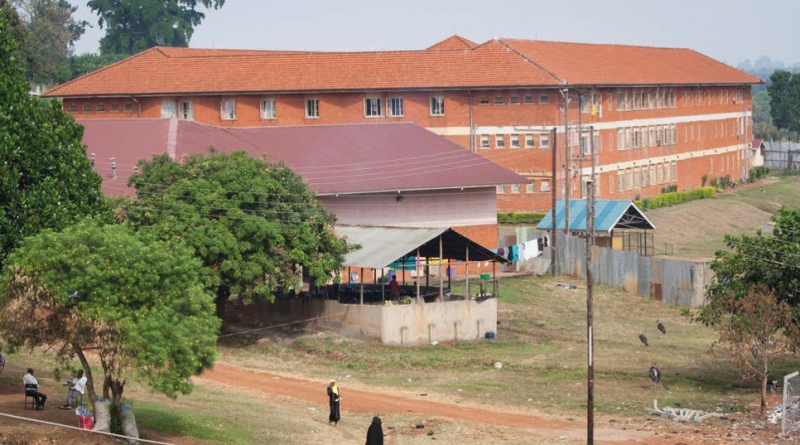Building the Right Environment: New Hostels at the Islamic University in Uganda
The Islamic University in Uganda (IUIU) has been a success story since it opened in 1988 however its popularity meant that it was severely oversubscribed and sufficient high standard accommodation was lacking. The university believed that providing better accommodation, would encourage more international students to come to the university and would help the university in their long-term goal of achieving a 50:50 split between national and international students.
The IUIU approached the Islamic Development Bank for financing to construct two large hostels, one for female students and one for male students, on its main campus in Mbale. The new hostels were a breath of fresh air for the student’s at IUIU who had been used to cramped, poorly lit accommodation with limited facilities. The overall design allows more natural light into each room, the courtyards and corridors, the rooms themselves are much bigger, allowing more space for reading desks and chairs and they have dividing walls to provide some privacy.
“The facilities make us proud”
The facilities available benefit all the students on campus, not only those in residence. Everyone can attend society meetings and social events held in the student common rooms as well as use the range of shops and services that have popped up nearby. The high quality of the buildings and the rich social and academic life on campus are well-known in Uganda and across Africa. This adds to the prestige of studying at IUIU. Mrs Okot Zaitun, the warden of the female hostel described the effect that the project has had upon students. “The facilities make them proud; they feel ‘at university’ and are more inclined to work hard to justify the privilege they have.”
IUIU also plays a central role in promoting Islamic values. Around 30% of students are not Muslims however they all still take the ‘Introduction to Islam’ course to increase their appreciation of the religion. When they graduate, students take their knowledge out into society and help to increase people’s awareness of what it’s really about.

Safe, Comfortable and Affordable Accommodation for International Students
The project has been especially beneficial for international students. One student, Ms Hussein Hindu Abdul-Majid 22, a Bachelor of Law student from Kenya enjoys the high standards of services available. “The hostels have so many advantages available. Constant power is one; while other parts of Mbale have power cuts, our studies are not interrupted thanks to the generator” Ms Hussein also spoke of how secure she felt at the hostel, it providing a safe place to live and study.
Local students enjoy the active academic and social life on campus. Andrew Musinkul, 24 from Uganda and studying for a Bachelors degree in Procurement and Logistics Management spoke of the vibrant mix of people on campus. “With such an international mix, it’s a chance to learn about other cultures: learning how to cook new dishes, for example, or learning new languages”.
The costs of residences are very reasonable. Students pay 280,000-375,000 Ugandan shillings (US$84-112) per semester which is affordable even for students from really poor backgrounds.
Benefitting the Town
The success of the project has not just benefited the students of the university, but the town of Mbale has prospered as well. Several new businesses have been established along the road from the centre of the town and more recently, a number of enterprises have started up on campus: everything from fruit sellers to shoe repair stands and restaurants. One business, a Benghazi Stationers, which provides typing, copywriting and printing services, in 2013 opened a small shop in a prime location between the two hostels.
Building on the Success
Beyond Mbale, IUIU’s success has been felt across Ugandan society and beyond. Nearly 20,000 students have graduated going on to contribute to the working world. The hostels have had a trigger effect on the whole of IUIU. Increase in student numbers have increased income and have enabled the university to keep up to date with its repayments for the project. As demand for places continue to rise, the IsDB have agreed to further financing to facilitate a commercial project in Kampala. Some 200 acres of land will be used for a new administration building, a second mosque and a hall for conferences and larger gatherings. They will also build a much larger library.
Overall, the project was a great success largely because of the IsDB’s flexibility in procuring contracts with international companies. There are a few small design issues that should be considered for future hostels however these are issues that can be easily rectified.